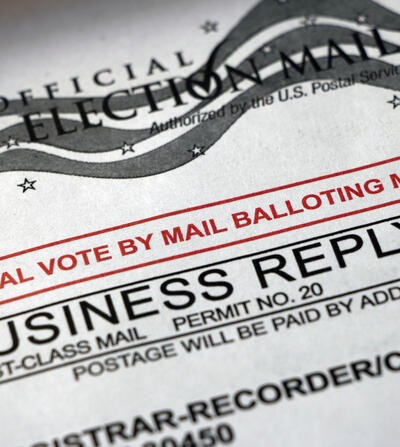Case Overview
In the 2020 presidential election, voters of color turned out in record numbers across the nation and particularly in Florida. Black and Latino voters made unprecedented use of the option to vote by mail or during the state’s early voting period. In response to the strides made by voters of color in the state, the Florida legislature immediately introduced legislation that imposes new and onerous restrictions on the voting options these voters made such effective use of in 2020.
After years of loosening requirements for vote-by-mail when it was used primarily by white voters, Florida is rolling mail voting back now that Black and brown voters are relying on it more. At the same time, the state is imposing new restrictions on early and election day voting.
Florida’s racist legislation, known as S.B. 90, limits the availability of drop boxes, adds identification requirements to request a vote-by-mail ballot, prohibits assistance to voters waiting in long lines, including things like providing water on hot days or assisting elderly voters who may need a chair to sit down on while waiting to vote, and imposes new restrictions on third-party voter registration organizations which have been critical in helping to mobilize voters of color. When asked what problems these restrictions were intended to address, Florida legislators had nothing to say. Florida Governor Ron DeSantis signed S.B. 90 into law on May 7, 2021.
With this lawsuit, Demos and its partners, Florida Rising Together, Hispanic Federation, Faith in Florida, Equal Ground, UnidosUS, Poder Latinx, Latino Justice, and Advancement Project, with the pro bono assistance of national law firm Arnold and Porter, Kaye Scholler, are challenging S.B. 90’s racist restrictions on voting, and are asking the court to order Florida back under federal supervision under the Voting Rights Act.

